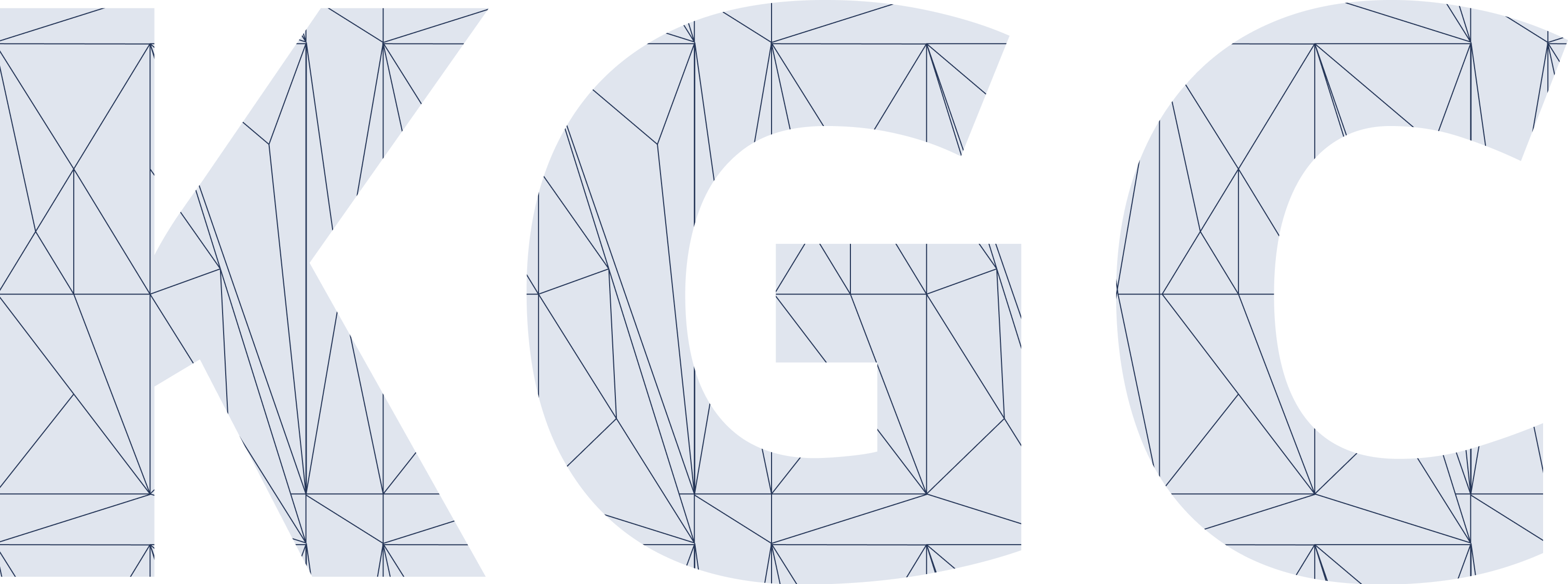Octavian Udrea
Dataminr
Principal Research Scientist
Biography
Octavian Udrea, Ph.D. Octavian Udrea is a Principal Research Scientist at Dataminr, where his research focuses on Knowledge Graph and Machine Learning/Deep Learning for Dataminr’s AI platform. Before joining Dataminr, Octavian was a research scientist at IBM Research AI where he worked on knowledge graph representations, stream processing and application of neuro-symbolic AI among others. He has 60+ peer reviewed publications and patents and holds a Ph.D. from the University of Maryland.
Talks and Events
2022 Talk: AI & Public Data for Humanitarian and Emergency Response
When an emergency event, or an incident relevant for peacekeeping or humanitarian needs first occurs, getting the right information as quickly as possible is critical in saving lives. When an event is ongoing, information on what is happening can be critical in making decisions to keep people safe and take control of the particular situation unfolding. In both cases, first responders, peacekeepers, and others have to quickly make decisions that include what resources to deploy and where. Fortunately, in most emergencies, people use social media to publicly share information. At the same time, sensor data is increasingly becoming available. But a platform to detect emergency situations and deliver the right information has to deal with ingesting thousands of noisy data points per second: sifting through and identifying relevant information, from different sources, in different formats, with varying levels of detail, in real time, so that relevant individuals and teams can be alerted at the right level and at the right time. In this talk we will describe the technical challenges in processing vast amounts of heterogeneous, noisy data in real time from the web and other sources, with a particular emphasis on how Knowledge Graph technology enables us to make sense of this wealth of information. We will highlight the importance of a human-centered approach to entity and relationship collection and curation, and the benefits of complementing that approach with selected information from publicly available Knowledge Graphs. Finally, we will touch on the use of Knowledge Graph entities and relationships and ML/DL to achieve world-class event detection from public multimodal data.

